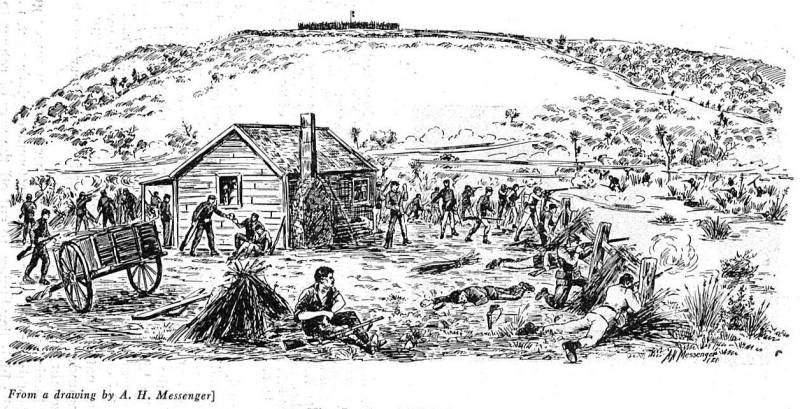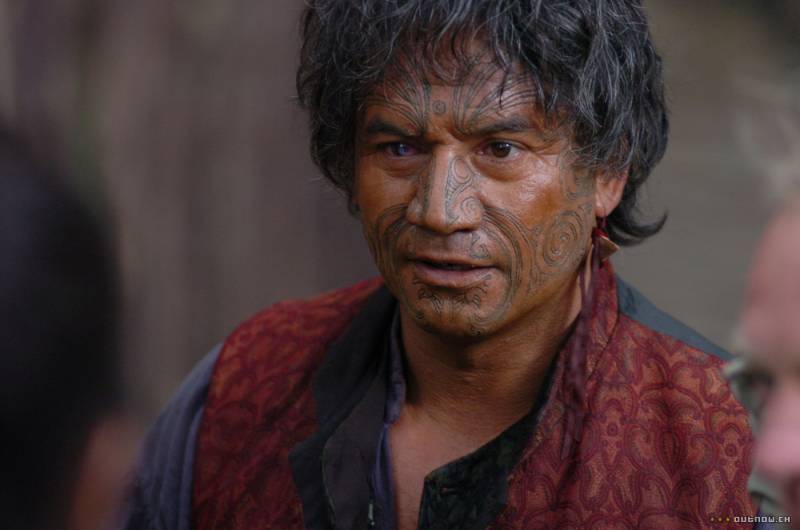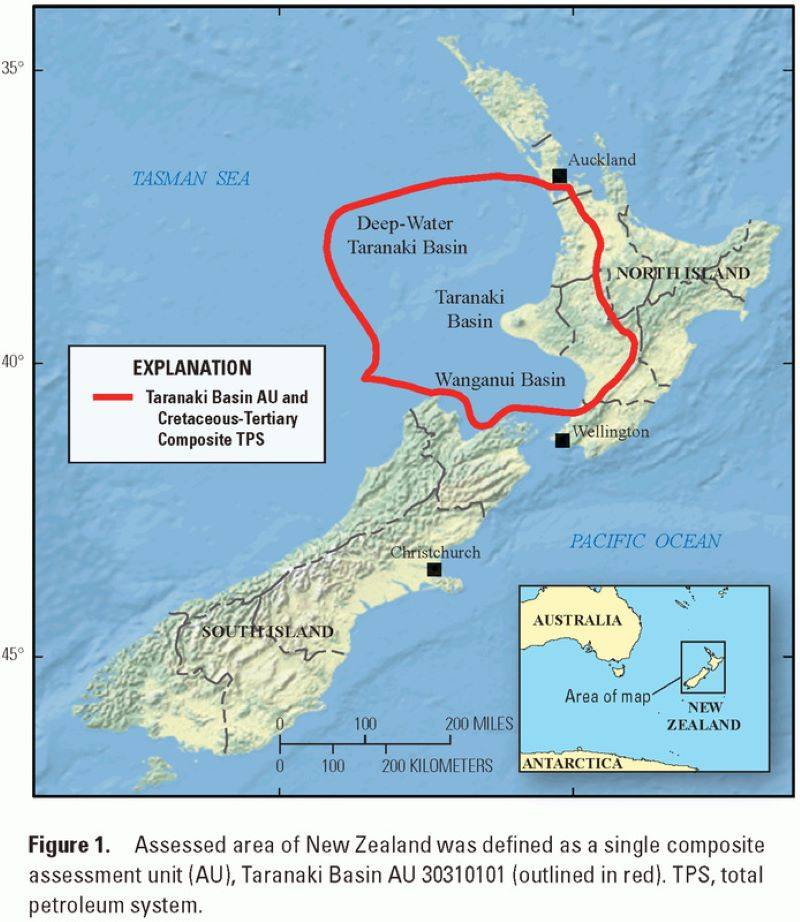Taranaq war. How the natives defeated the educated English

Stranger natives
Many Russians have seen the film Queen of the River. But few people really know which historical its plot is based on events. It centers on the relationship between an Irish girl and a Maori deserter who defected to the rebels because of the murder of his father.
The image of the field commander Rivkhi (Riva) Titokovaru is brilliantly embodied by Temuera Morrison, but there is no mention of the real character in the film: Titokovaru appears there as Te Kai Po, that is, the “eater of whites”.
What is the truth, and how did the Maori manage not only to create problems for the British regular army, but also to achieve results that no other enslaved peoples achieved against the British?

Who are they anyway?
Hypotheses of the origin of the Maori are very different. The version of the New Zealand historian Te Rangi Hiroa says that they came from a mixture of Polynesians, immigrants from Tahiti, with the Vikings, who allegedly sailed right up to those edges. Thor Heyerdahl indirectly confirmed this version. Maori is an Austronesian language and is native to Malaysia.
In Russia, they do not know very well who the Maori are, but the representatives of this people are quite well known. Mostly they are people of culture and art. First of all, of course, this is the director of films about James Bond, Lee Tamahori.
Also, the Russians are well aware of the actors Temuera Morrison, Cliff Curtis, Rina Owen, Kisha Castle-Hughes. Mamaengaroa Kerr-Bell is known to a lesser extent, but many remember the film of the nineties "Once they were warriors." Film actor Russell Crowe is a quarter Maori. And, of course, sports fans have probably seen the ritual dance “haka” performed by the New Zealand rugby team before each match.

Who did win?
The uprising of Titokovar turned out to be the most detrimental to the British authorities of all the anti-colonial actions that have ever taken place. Neither the Scottish rebellion of Wallis nor the Indian rebellion of the sepoys had such an effect, although for some reason they are better known.
However, it is easy to guess why - the UK, apparently, is ashamed to admit defeat from a people who at that time did not have not only their own written language, but even their own iron deposits. Maori taught how to use firearms weapons the British themselves, provoking a wave of so-called musket wars between various "iwi" - tribes. On your head.
There's only a year between past and future
The Titokovar uprising lasted only a year, from June 1868 to March 1869. It covered mainly the South Taranaki region on the North Island of New Zealand. Riva Titokovuru, chief of the Ngaruahina iwi, was guided by land claims against the British occupiers. He managed to draw the neighboring iwi Ngati Ruanui into the rebels.

But the disaster for the British was not even that two fairly large iwi participated in the uprising. The main problem was that among the rebels were Maori officers who received British higher military education.
Basically, the precedents of desertion and going over to the side of the rebels were associated with personal motives for revenge on the British for the murders, rapes, and deprivation of housing of the relatives of these officers. Naturally, the British were no longer faced with natives who could only fight with wooden weapons, but with qualified personnel.
The film "Queen of the River" contains many historical inaccuracies, which can be attributed to the director's fantasy. But Viremu, the hero of Cliff Curtis (a native of Rotorua, where the Maori language still dominates) is a very real character, and his case was typical of the uprising of the field commander Titokovuru. They killed his father in front of him, although he asked the British not to carry out such cruel sweeps in the Maori villages - so he betrayed the oath.
Moreover, many British experts in the field of fortification went over to the side of Titokovar, which allowed the rebels to hold their fortresses for a long period, made of wood, but treated with special means that did not allow them to be set on fire.
Most of the rebels used British firearms, and some even wore British uniforms, which did not always allow the British and the Maori who fought for them to distinguish the rebels from their own. The level of English proficiency among the Maori was already high then, which further erased the difference between their own and their opponents.
White and colored
Initially, the rebels attacked only white English-speaking settlers, who, in modern terms, were raiding land grabs. Then everything got worse. For the English.
In fact, all Britain's hopes of colonizing the Great White Cloud were shattered when a detachment led by a fugitive rebel led by field commander Riva Titokovuru attacked the British settlement of Te Kooti. It was captured. Further attempts to fight the rebels brought only temporary success due to the fact that they were armed and prepared strategically no worse than the British.
Further, among the British, a panic fear arose of the charismatic leader of two iwi at once, who took part in the uprising. Why?
Yes, for the same reason that the Germans were fiercely afraid of the Maori warriors in World War II. The tradition of eating the heart of a dead enemy clearly did not suit the Europeans. Titokovuru also introduced it as a common occurrence after each battle, proclaiming himself a prophet and demanding the observance of the traditions of Maori paganism.
Initially, given the small number of government troops in New Zealand, they faced a serious problem: the number of rebels participating in the battles outnumbered the British by about 12 times. In the future, Maori from other iwi were connected to the fighting, the number was approximately equal.
Even later, reinforcements of the regular army arrived from other regions of the empire. But this did not help in the face of the almost massive desertion of volunteers from the British militia.
As a result, the British army was forced to withdraw from South Taranaki. The rebels occupied the territory between the settlements of New Plymouth and Wanganui.
He did not lose a single battle during the uprising to Titokovar. But he had to stop the campaign after the British, under the command of Colonel George Stoddart Whitmore, managed to track down his headquarters in the Ngaere marshes. Riva miraculously managed to escape. But even after that, the British government feared attacks on Wanganui and Manawat.
And the uprising began with primitive sabotage. The rebels vandalized the surveying equipment used by the white settlers to "divide" the land, and also damaged their newly built homes. Then began the theft of agricultural implements and other property of whites. Violent action against the individual began in June 1868, when three settlers were killed by the rebels for cutting down a forest that the Maori considered theirs.
Then they shot a colonial policeman, and almost next to the military unit in Waihi. Then events occurred that the British clearly did not expect at all. The assassins took the body of a policeman to the village of Te Ngutu o Te Manu, ate most of his body, after which Titokovuru sent a lengthy letter to the British.
Obviously, it was written by one of the Maori deserters who went over to the side of the rebels, in literate English, where Titokovar threatened to do the same to the rest of the whites who came to the land of his iwi "day and night." Since this all started.
The British reinforced the military grouping of the colonial troops not only with fellow countrymen, but also with the Maori from iwi Wanganui. At the first stage, there was that very “partial mobilization”, during which Maori from friendly iwi were called up for three months. Strengthening was also carried out at the expense of volunteer riflemen from Wellington.
Win strategy
The main strategy of Titokovar's actions was developed, in general, not by him, but by deserters from the British regular troops who had a higher military education. Already the first battle with the British army showed the strategic superiority of the rebels. The first raid on a British military unit was led by defector Charles Kane.
His Maori name is unknown, as when receiving a British education, students were assigned English names and surnames. The advantage in this case lay in the attack at dawn, when the personnel of the garrison was sleeping, and in the numerical superiority of the rebels.

Titokovuru himself did not take part in the raid, remaining at Te Ngutu o Te Manu, the main base of his command headquarters. The rebels ate two British soldiers' hearts, causing Commander McDonnell to kiss the blade of his saber and vow revenge for it.
News for Maori military practice was that the British created a cavalry unit under Patea Yeomanry. Before the arrival of the British, horses were not found in New Zealand. Maori, of course, did not know how to ride.
But the British regular army gave them riding lessons. The result, as always, was disastrous for the British: in the ranks of the rebels Titokovar turned out to be a significant number of deserters who had mastered the skills of handling a horse. Riva Titokovar himself knew how to ride a horse.
An attempt by the British to storm Te Ngutu o Te Manu turned into a fiasco. The fortification specialists of the Maori rebels put up several rows of palisades there, impregnated with fire-fighting agents. McDonnell only succeeded in burning part of the village outside the fortress.
But this only caused even greater Maori fury and even more desertion and defection of Maori fighters to the side of the rebels. From the side of the fortress, the British were “welcomed” by heavy fire, under which they had to retreat while pursuing the rebels.
The plan to attack the village of Ruaruru turned out to be even more disastrous for the British troops: a column of 360 fighters simply passed without orientation right up to the rebel base, fired several random shots at the base itself, where they immediately met fierce resistance.
Shots from Titokovuru were fired this time not from the base, but from the trenches built around it, and from different directions, which led to the complete disorientation of the British military. Also, shots were fired from trees, what this can lead to is known from recent history from Finnish snipers - "cuckoos".
The heart of the first British soldier killed was also eaten by the rebels. McDonnell, long before the practice of Soviet detachments, personally shot at the retreating first, although at the time of these murders he had already given the order to retreat. At the same time, many residents of neighboring villages, already tired of British repression, joined the rebels.
National Shame and the Mystery of Victory
The attempt to storm the base of Riva Titokovar was for the British the largest defeat in the entire national history. This is recognized even by British military historians. The consequences were disastrous for the British, if only because the numerous Maori iwi Kupapo, who had previously cooperated with them voluntarily, refused to cooperate with them, moreover, there was a riot of white rangers.
The defeat of the British led a little later to even more far-reaching consequences. Riva Titokovaru received the support of neighboring hapus from the same iwi: the number of rebels almost doubled. It was no longer a defense, but an offensive. For such events, McDonnell was fired by London, replacing him with George Whitmore.

But his operations against the rebels were not successful either. When he attacked the positions of Titokovuru, again the Maori rebels opened fire from several sides, at close range. Whitmore gave the order to retreat. This time, the British soldiers were so disoriented that they periodically opened fire on their own.
But members of the Kupapa tribe shot in the back of the British in front, as dissatisfaction with the massive sweeps of villages grew in their tribe. Whatever Whitmore did next, all this was accompanied by new fortification solutions from Titokovar specialists. Moreover, they gave a view of the coast in those places where the passage to it was hampered by impenetrable forest. Massacres have already begun even of the peaceful white population. The British began to build lines of defense.
The British managed to somehow cope with the Titokovar uprising under circumstances that have not yet been clarified. Apparently, spies had an influence, inducing their iwi and hapu to go over to the side of the British. Another siege of the rebel fortress caused a mass exodus of soldiers from it through those loopholes that the British had not been blocked.
There is a not-so-real opinion from one of the captured deserters that Riva Titokovaru lost his charismatic influence over the rebels after committing adultery with the wife of another iwi chief.
The headhunt has begun. First of all, this was done by the Maori themselves from the “friendly” iwi with particular cruelty. For the heads of field commanders, the British gave 10 pounds sterling, which for the Maori of those times was decent money.
Finally, Titokovara and a small group of supporters were "covered" in the swamps in the lands of his iwi. They were exhausted, had no sources of fire, ate worms and mushrooms, so it was not a problem to take them prisoner.
Although Titokovara could have been sentenced to death, the British apparently feared a repeat of the mass unrest, so they sentenced him to prison. Having been released, the leader switched to peaceful tactics of fighting for the rights of his people.
The result of the uprising was more peaceful relations between the Maori and the settlers and further concessions to the colonial administration on the land issue.
Information